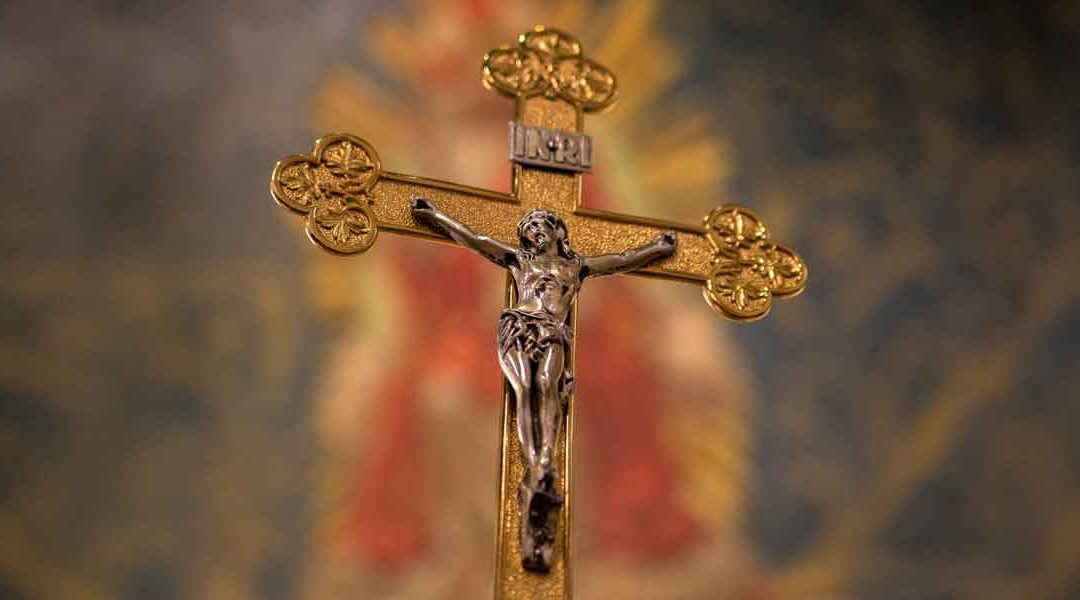Dear Friends,
Some of you may be asking, why is Pope Francis calling a Synod about the church as a whole? Certainly, Pope Francis has called Synods to discuss families or young people or the challenges in South America, but why do we need one for the whole Church to discuss the Church? Here is part of the explanation given for the need for a Synod now:
The synodal journey unfolds within a historical context marked by epochal changes in society and by a crucial transition in the life of the Church, which cannot be ignored: it is within the folds of the complexity of this context, in its tensions and contradictions, that we are called to “scrutinize the signs of the times and interpret them in the light of the Gospel”. Some elements of the global scenario most closely connected to the theme of the Synod are outlined here; but the picture will need to be enriched and completed at the local level.
A global tragedy such as the COVID-19 pandemic “momentarily revived the sense that we are a global community, all in the same boat, where one person’s problems are the problems of all. Once more we realized that no one is saved alone; we can only be saved together”. At the same time, the pandemic has also made the already existing inequalities and inequities explode: humanity seems increasingly shaken by processes of massification and fragmentation; the tragic condition faced by migrants in all regions of the world shows how high and strong the barriers dividing the single human family still are. The Encyclicals Laudato si’ and Fratelli Tutti document the depth of the fault lines that run through humanity, and we can refer to these analyses to start listening to the cry of the poor and of the earth and to recognize the seeds of hope and of the future that the Spirit continues to sow even in our time: “The Creator does not abandon us; he never forsakes his loving plan or repents of having created us. Humanity still has the ability to work together in building our common home.”
This situation, which, despite great differences, unites the entire human family, challenges the Church’s ability to accompany individuals and communities to reread experiences of mourning and suffering that have unmasked many false certainties, and to cultivate hope and faith in the goodness of the Creator and his creation. However, we cannot hide from the fact that the Church herself must face the lack of faith and the corruption even within herself. In particular, we cannot forget the suffering experienced by minors and vulnerable people “due to sexual abuse, the abuse of power and the abuse of conscience perpetrated by a significant number of clerics and consecrated persons.”
We are continually challenged “as the People of God to take on the pain of our brothers and sisters wounded in their flesh and in their spirit.” For too long the cry of the victims has been a cry that the Church has not been able to hear sufficiently. These are deep wounds that are difficult to heal, for which forgiveness can never be asked for enough and which constitute obstacles, sometimes imposing ones, to advancing in the direction of “journeying together.” The whole Church is called to deal with the weight of a culture imbued with clericalism that she inherits from her history, and with those forms of exercising authority on which the different types of abuse (power, economic, conscience, sexual) are grafted. It is impossible to think of “a conversion of our activity as a Church that does not include the active participation of all the members of God’s People:” together let us ask the Lord for “the grace of conversion and the interior anointing needed to express before these crimes of abuse our compunction and our resolve courageously to combat them.”
In spite of our infidelities, the Spirit continues to act in history and to show his life-giving power. It is precisely in the furrows dug by the sufferings of every kind endured by the human family and by the People of God that new languages of faith and new paths are flourishing, capable not only of interpreting events from a theological point of view but also of finding in trials the reasons for refounding the path of Christian and ecclesial life. It is a reason for great hope that more than a few Churches have already begun more or less structured meetings and consultation processes with the People of God. Where they have been marked by a synodal style, the sense of Church has flourished and the participation of all has given new impetus to ecclesial life. The desire of young people to be protagonists within the Church and the request for a greater appreciation of women and spaces for participation in the mission of the Church, already signaled by the Synodal Assemblies of 2018 and 2019, are also confirmed.
I know this might be challenging reading, but it really is making an important point about your role in the Church.
Peace,
Fr. Damian



